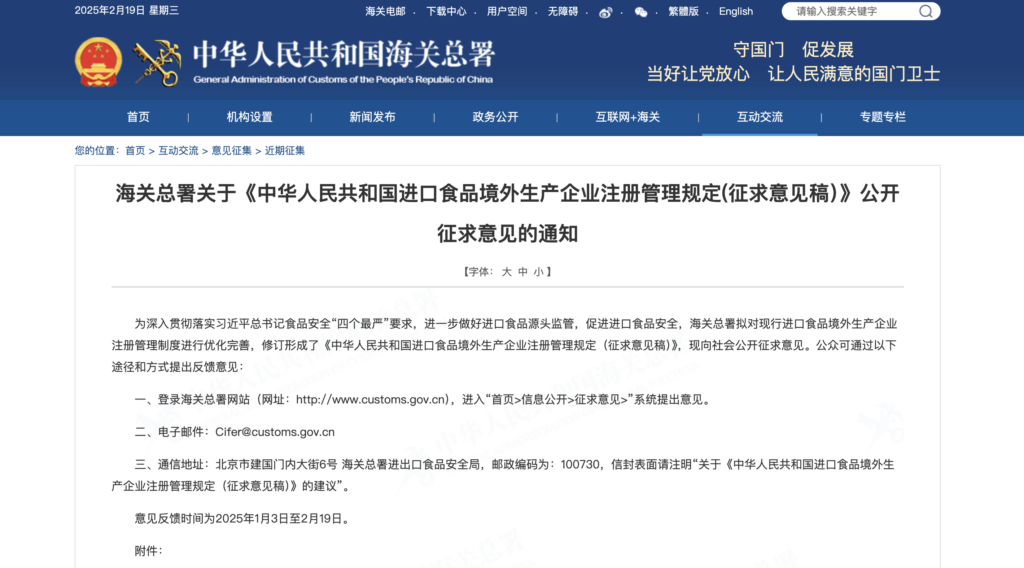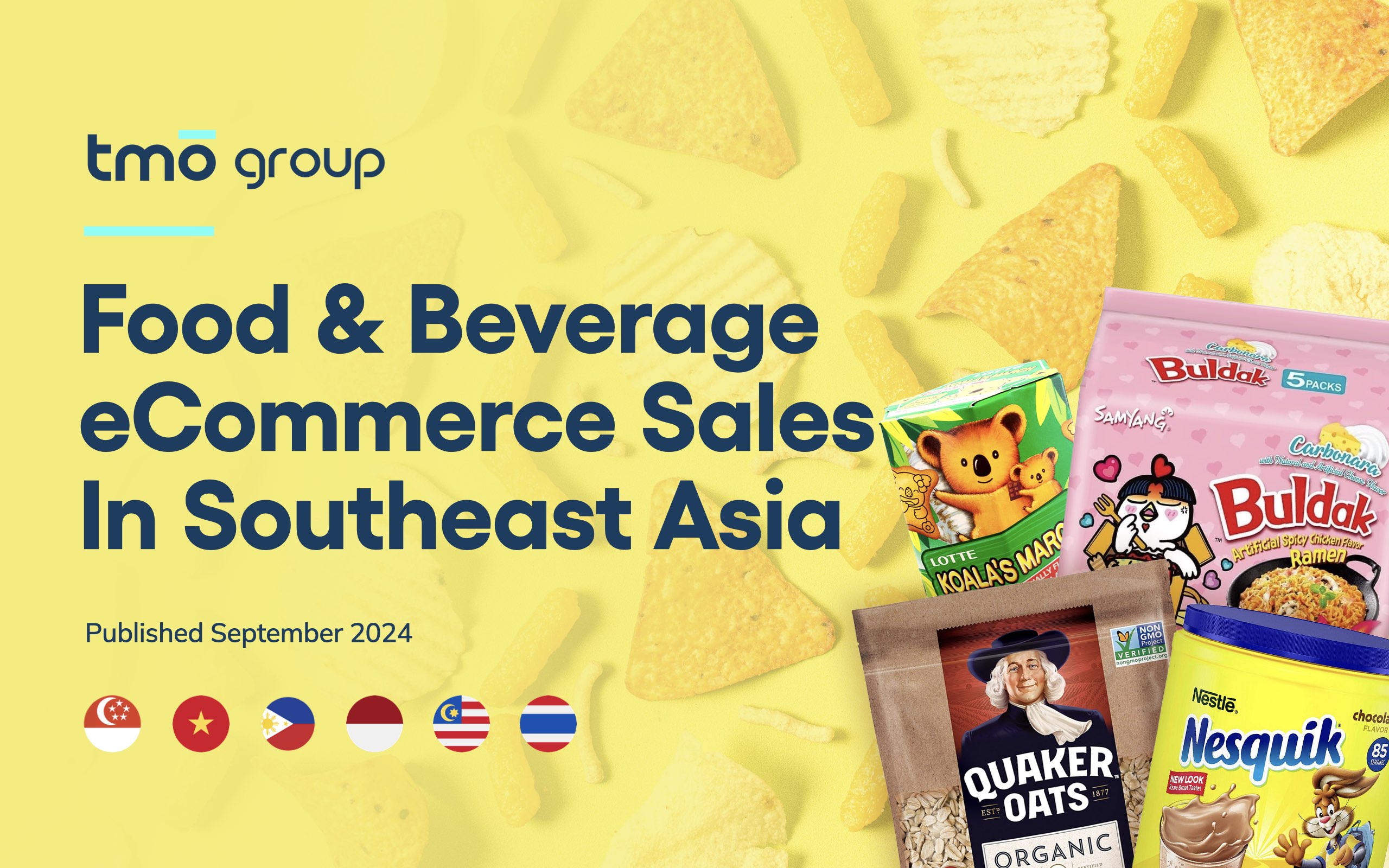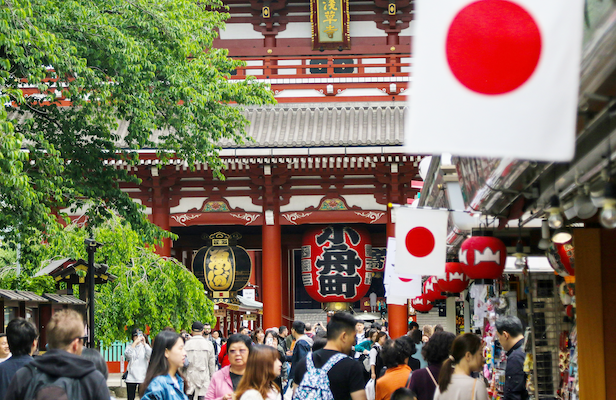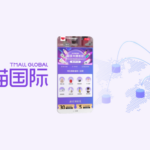On January 3, 2025, the General Administration of Customs of the People's Republic of China (GACC) published the Draft for Comments on the "Registration and Administration of Overseas Manufacturers of Imported Food" in an effort to optimize the registration process for foreign food producers.
In place since January 1, 2022, Decree 248 currently requires all overseas food manufacturers exporting products into China to register their premises with China's GACC. We previously mentioned this requirement in our blog about the "Blue Hat" Certificate: 3 Options for Selling Health Food in ChinaBlue Hat Registration, Licensing, or Sell as General Food? These are China's regulations for foreign health supplements entering the market.Blue Hat Certification for Sales of Health Food in China.
In this article, we will go over the changes introduced by this draft, and discuss 3 potential implications for Cross-border eCommerce and the sale of Health Food products in 2025.

Looking to seize the fast-growing Chinese market? TMO has over 7 years of experience offering Health and Beauty-tailored strategies for China entry and eCommerce growth.
1. Cross-border eCommerce Retail Imported Food may be Exempt from Registration
Article 28 of the Revised Draft Decree states:
Overseas production enterprises of food that are mailed, express, cross-border e-commerce retail, carried by passengers, samples, gifts, exhibition items, aid, duty-free operations, and food for the use of foreign embassies and consulates in China and their personnel are exempt from registration.
This represents a big shift from the current regulations. In the past, whether overseas factories conducting Cross-border eCommerce should be registered has caused many discussions in the industry.
2. Health Food products may no longer need Official Recommendation Letter of Registration
The Draft for Comments proposes to reduce the list of 18 high-risk foods, which need to undergo a government-recommended procedure for registration. The proposed 7 categories to no longer need special approval and validation are:
- Honey and other bee products
- Edible oils and fats
- Canned and dried vegetables and beans
- Spices and seasonings
- Coffee and cocoa beans, unroasted
- Special dietary foods
- Functional health foods
The revised list of 11 categories will remain as follows:
| Serial Number | Product Categories |
|---|---|
| 1 | Meat and meat products |
| 2 | Natural gust (casings) |
| 3 | Bird's nest and bird's nest products |
| 4 | Eggs and egg products |
| 5 | Stuffed wheat products |
| 6 | Edible cereals |
| 7 | Grain milling products and malt |
| 8 | Nuts and seeds |
| 9 | Dried fruit |
| 10 | Dairy products |
| 11 | Aquatic products (seafood) |
Products included in the "Catalogue of Foods Required to Provide Official Recommendation and Registration Letter" mainly consider the following three factors:
- The food safety risks of related products are high, and the number of imported substandard products is significantly higher than the average level.
- Major food safety incidents have occurred in relevant product categories, and the society is highly concerned
- Follow internationally accepted practices.
If removed from the list, this policy change would bring great opportunities to the market for Health Foods (consisting of Functional Food and Nutritional/Dietary Supplements) in China
You may also be interested in: China Market Entry: A 2025 Guide for Foreign Supplement BrandsFrom establishing a legal entity to selecting entry mode, logistics, & sales channels, these are the key routes for a successful China entry.Entry Models and Sales Channels for Foreign Supplement Brands in China.
3. New Registration System to Recognize Exporting Countries' Authorities
The Draft intends to establish a new registration method, linking factory registration with foreign system recognition. This means that under the new framework, the manufacturer's home country will be able to obtain recognition from China's GACC to facilitate the process.
Article 5 of the Revised Draft Decree states:
The registration conditions for overseas production enterprises of imported food are as follows:
- Approved by the competent authority of the country (region) where it is located and under its effective supervision;
- Establish an effective food safety and hygiene management and protection system,
legally produce and export in the country (region) where it is located, and ensure that the food exported to China meets China's relevant laws, regulations, and national food safety standards;- Comply with the relevant inspection and quarantine requirements agreed upon by the General Administration of Customs and the competent authority of the country (region) where it is located. Comply with the relevant inspection and quarantine requirements agreed upon by the General Administration of Customs and the competent authority of the country (region) where it is located.
In addition, the new Article 7 of the Draft Law signals that the home country's competent authority may have to undertake higher responsibilities in supervision, and manufacturers whose authorities are not recognized will have to register directly with the GACC.
China's policies are highly industry and situation-specific. TMO can help you minimize risks and navigate regulatory frameworks with China-expert Digital Compliance Services.
Summary and Outlook
The feedback period, open to both foreign and domestic parties, ended February 19, 2025. In general, if the revised draft is implemented, we can expect the registration path for overseas factories to be greatly simplified, especially the registration requirements for Health Foods.
At the same time, it also reflects the trend of the General Administration of Customs to strengthen cooperation with overseas competent authorities, recognize foreign regulatory systems for enterprises, and optimize the registration review process to encourage international brands to conduct business in China while strengthening food safety oversight.
As this policy comes into effect, TMO will continue to monitor the policy developments and provide updates.
Successfully entering China’s health supplement market requires careful planning, strategic decision-making, and a deep understanding of local regulations. TMO has successfully helped many well-known healthcare brands succeed in the Chinese market.
If you are looking for an eCommerce Agency to support you in taking your project from 0 to 1, TMO has vas experience in helping global brands implement a successful entry strategy for Health Products. Reach out to us to discuss how we can support your China Entry project with:
- Digital Marketing Execution
- Market Scan
- Digital Compliance
- Product Feasibility check, pre-filing, and other applications
- Go-to-market and entry strategy design
- eCommerce Web and Mini-program development.
- Social Commerce












